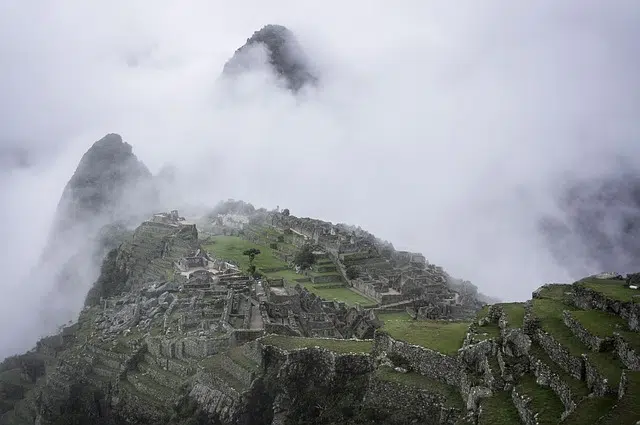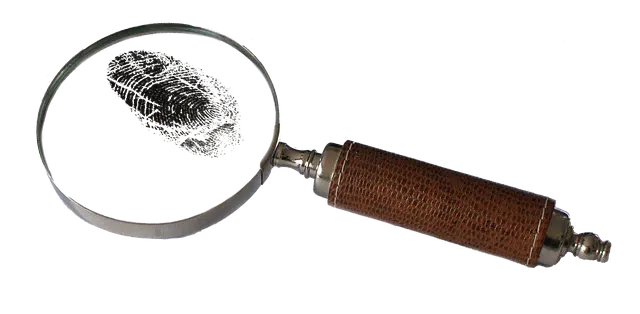
It is considered that the discovery of Machu Picchu occurred in 1911 with the arrival of the American Hiram Bingham to the site.
The act and result of finding is called discovery . The verb find, for its part, refers to discovering something or finding it , either because one was looking for it or spontaneously.
For example: "The researcher announced that she will make known a discovery that could change the history of molecular biology" , "The discovery of a ton of marijuana in the fugitive's house shows that the investigation was on the right track" , "Before "After finding a suspicious package, the police decided to evacuate the railway station."
The discovery of Machu Picchu
The notion of discovery is generally linked to finding or seeing some element that, until now, was unknown or hidden . A popular case of a find, in this case archaeological, is the so-called "discovery" of Machu Picchu by the American explorer Hiram Bingham .
Machu Picchu is an ancient Inca town that was supposedly built before the 15th century . Located in the Central mountain range, in the Peruvian department of Cusco , these difficult-to-access ruins were seen by different people throughout history until Bingham arrived at the place in 1911 . Due to the efforts that the North American made to study Machu Picchu and disseminate its existence, he is considered responsible for the discovery, although others had also seen the remains of the Inca settlement and, therefore, knew of its existence.

A police investigator can make a discovery that solves a crime.
Other archaeological discoveries
Let's look at some of the most relevant archaeological finds of recent times in various parts of the world:
* Commander's House : while they were finishing the construction of the metro station called Amba Aradam, in Rome, they found two fantastic buildings next to an ancient Roman barracks that had been discovered in 2016. Since they appear to be wings of this dormitory, one on each side, and which were built at the same time, during the mandate of Emperor Hadrian, it is believed that they are part of the same complex ;
* Mass sacrifice of children and llamas : the National Geographic Society funded a series of investigations in Huanchaquito-Las Llamas, Peru, where the remains of more than two hundred llamas and one hundred and forty children were found who were apparently sacrificed as part of a ritual that had place in the first half of the 15th century, before the Spanish invasion. It is believed that this event is part of the Chimú culture , since its ruins are a short distance from the discovery;
* verses from the "Odyssey" : in 2018, the Ministry of Culture and Sports of Greece made public the discovery of a clay plaque that had an excerpt from Homer's Odyssey inscribed, more precisely, thirteen verses in which the dialogue between Odysseus and Eumaeus. This plaque was found near the sanctuary of Olympia and is believed to date from the 3rd century AD, or even earlier.
Police finding, in sports and in art
Furthermore, we speak of a discovery when a researcher accesses knowledge that until then did not exist. Suppose that the police investigate the disappearance of a young man , whose whereabouts are unknown. The discovery of the boy's body by an agent puts an end to the lack of knowledge about his whereabouts and opens the door to the investigation to find out what happened.
In the field of art or sports, among others, one can speak of a discovery as synonymous with an individual whose abilities are extraordinary. A person with an unmatched voice, with an unusual ability to play the piano or with a physical skill that makes him an amazing athlete can be described in this way, since the benefits of having found him reach everyone: his representatives They become rich and their followers delight in their exploits.
